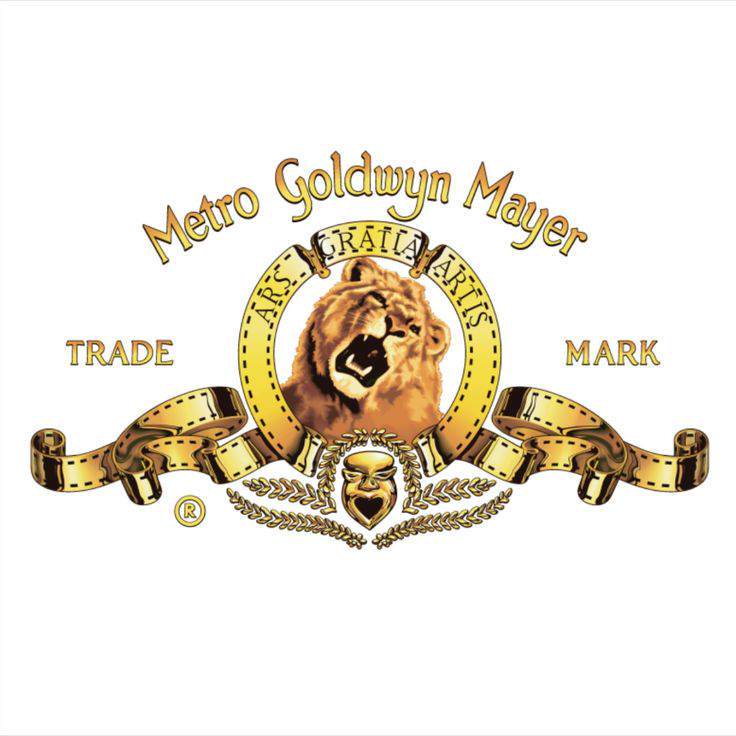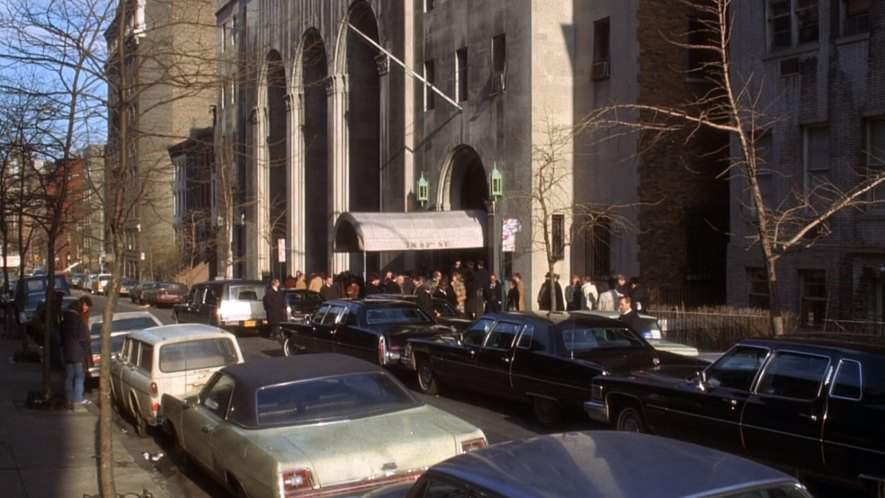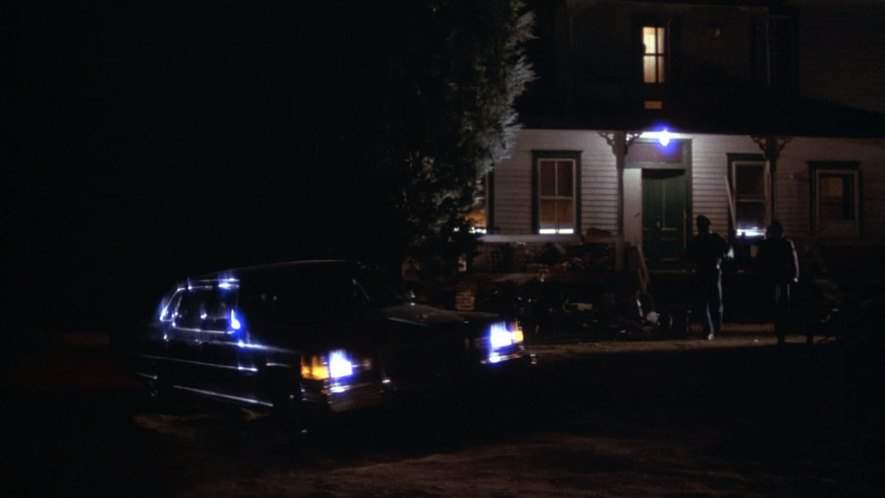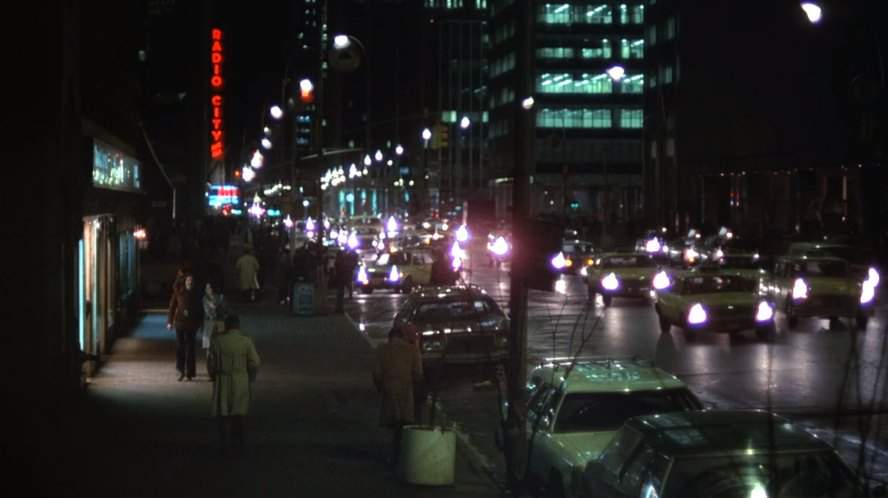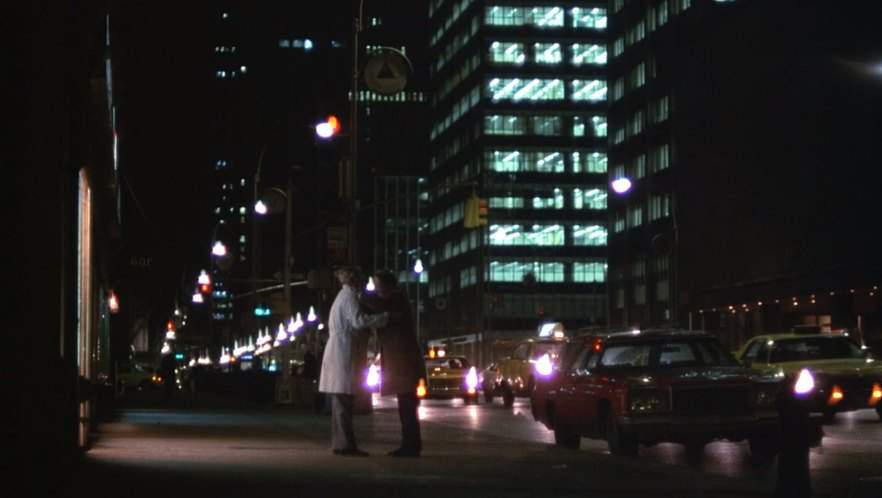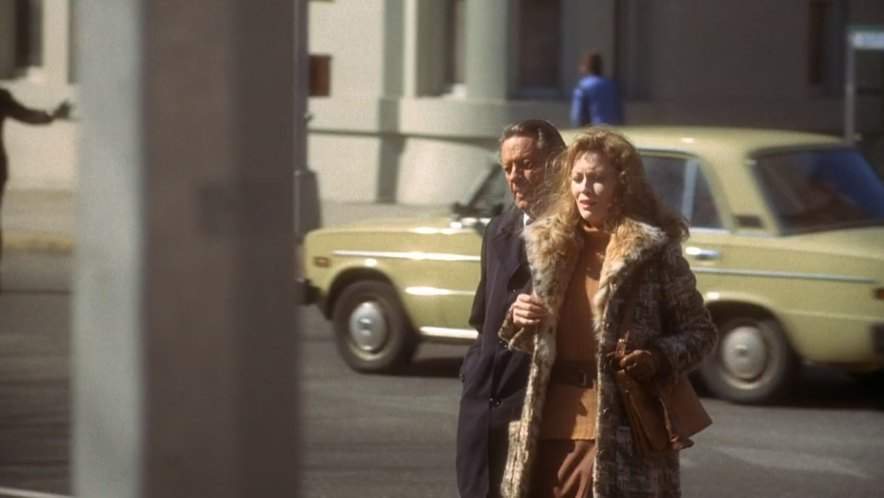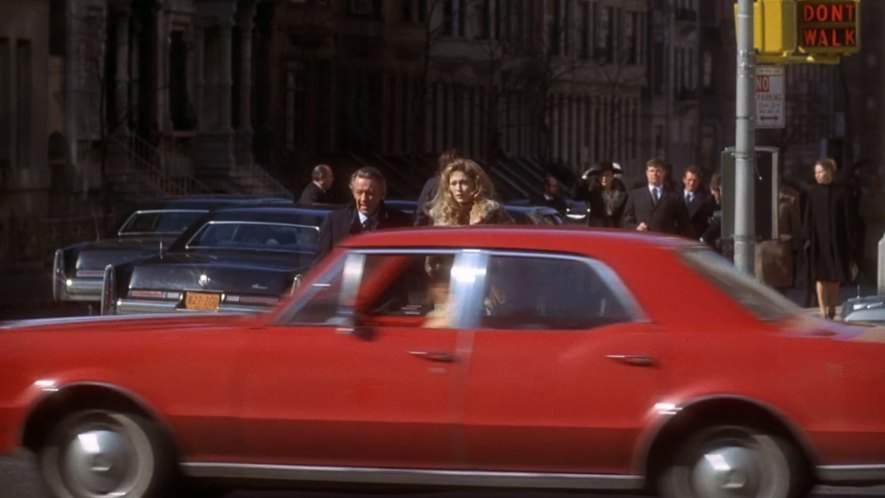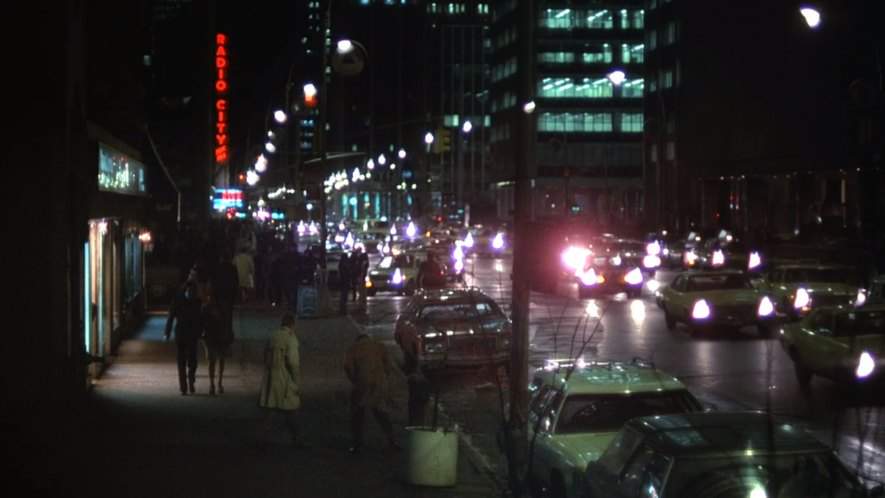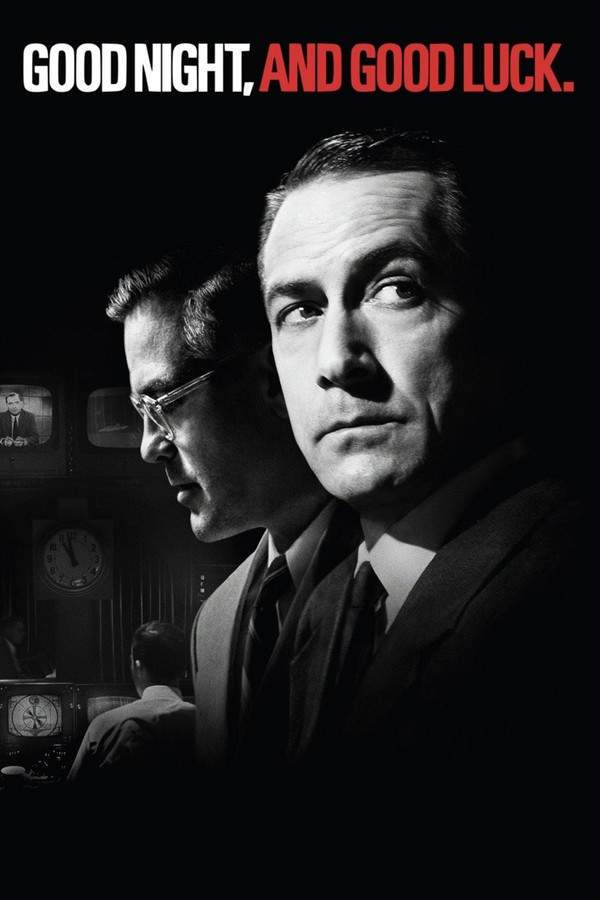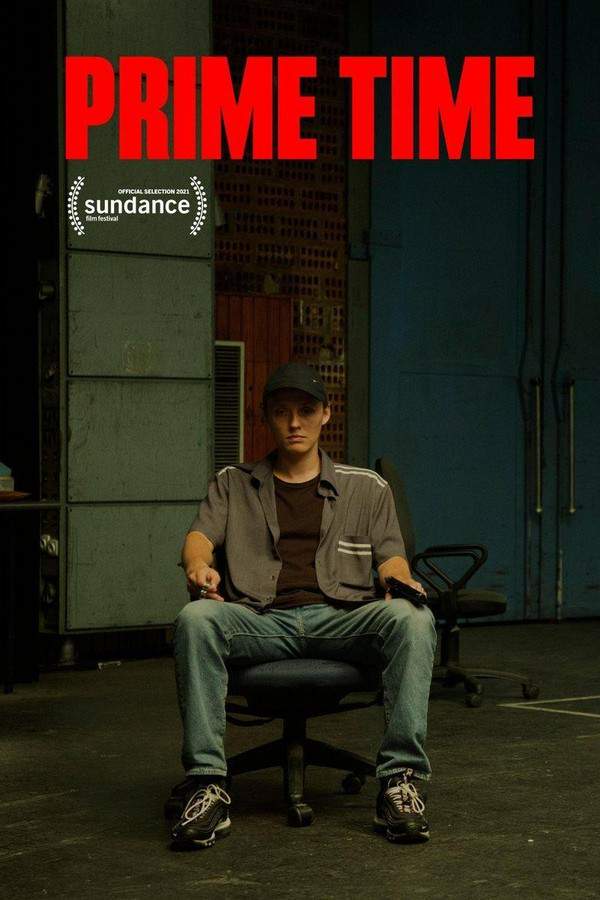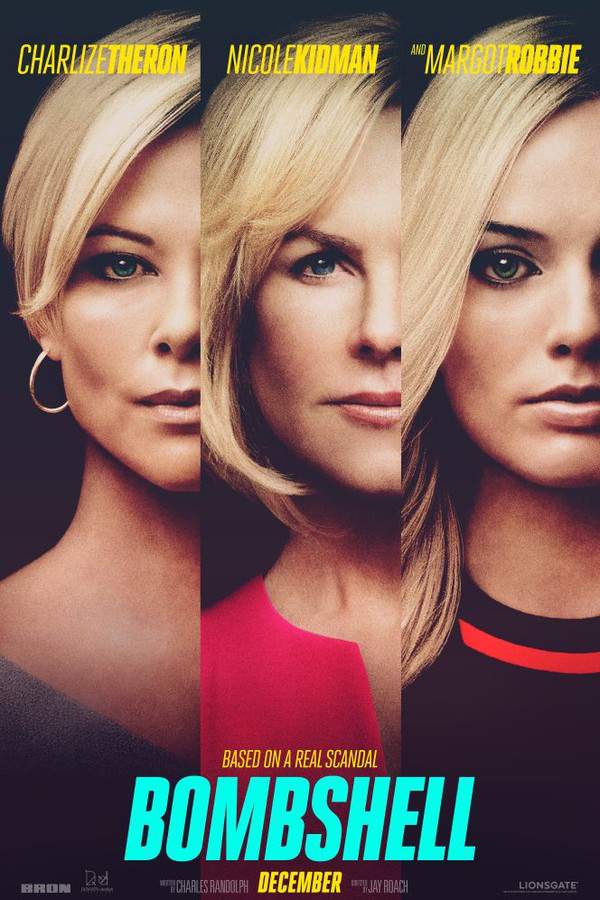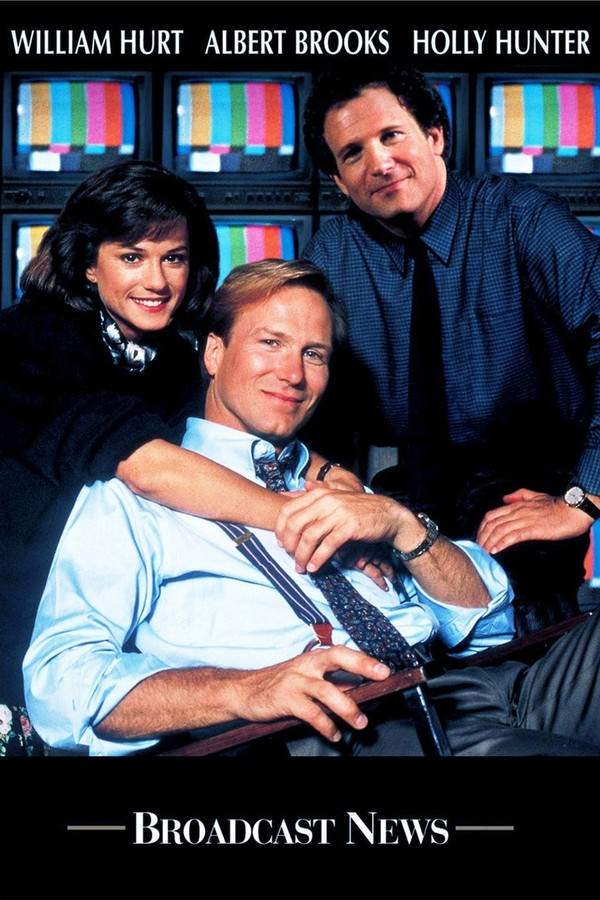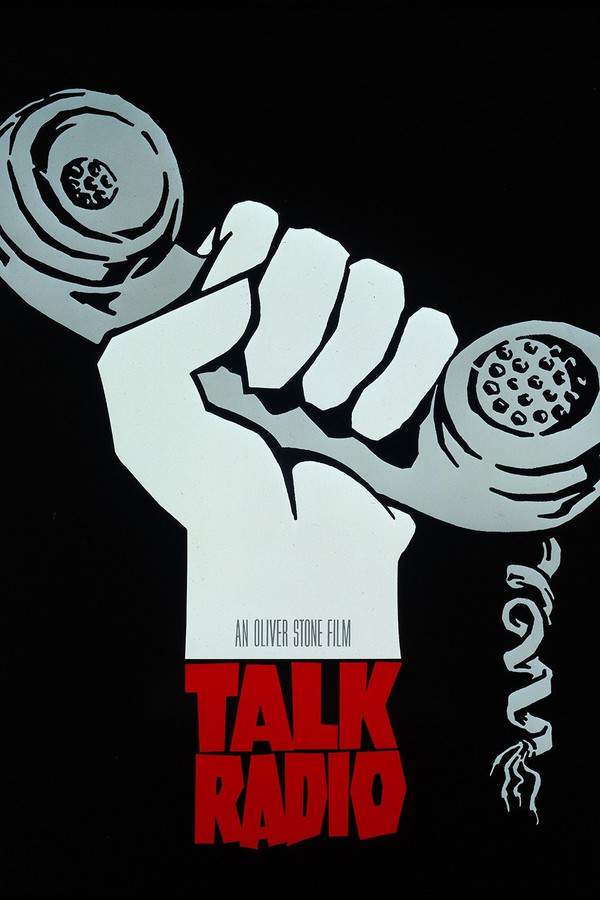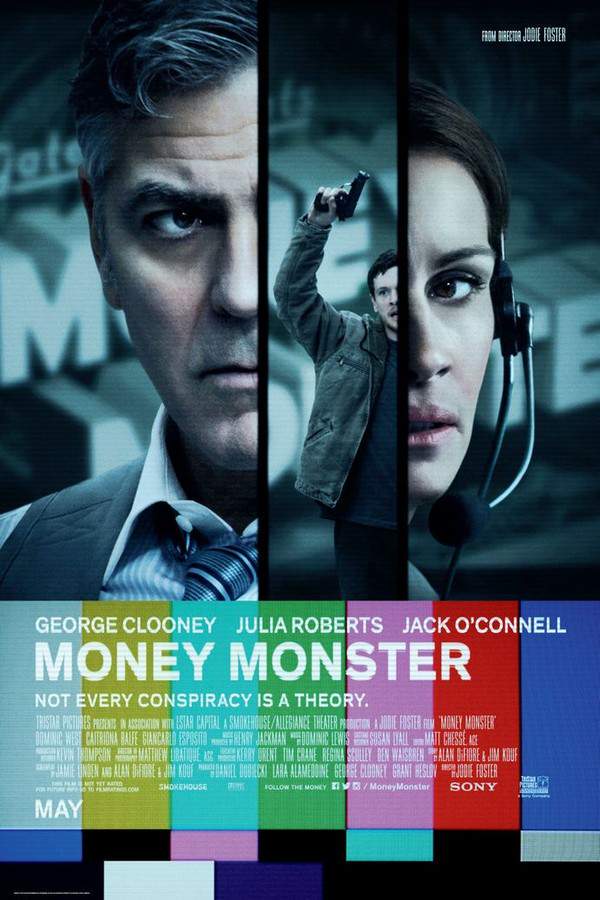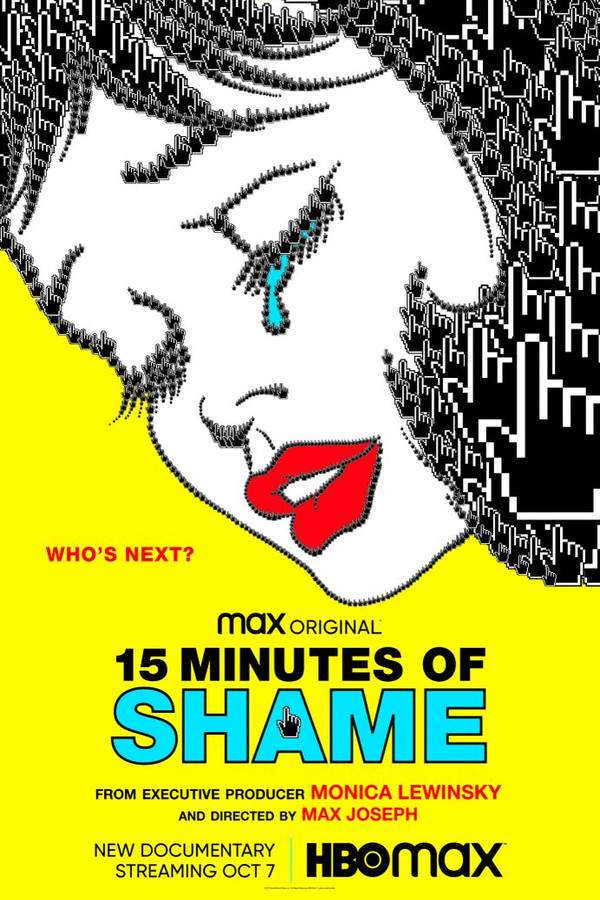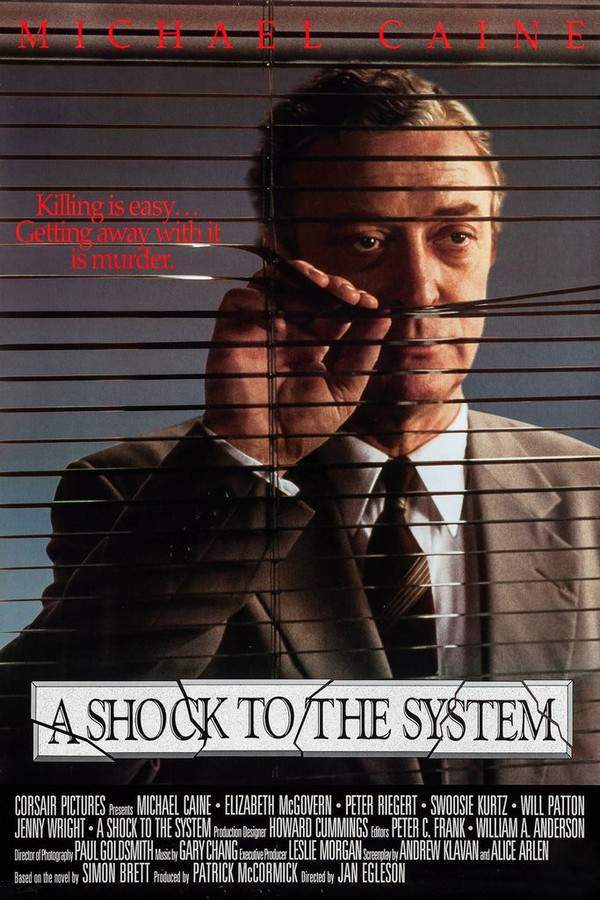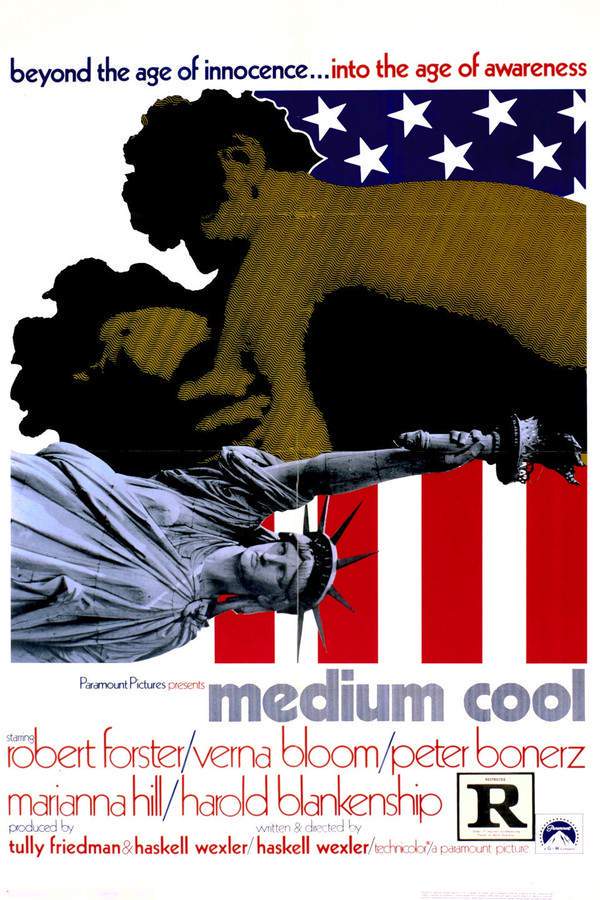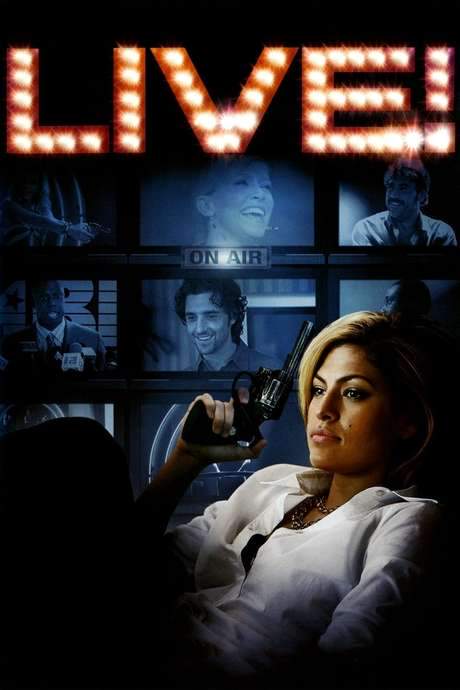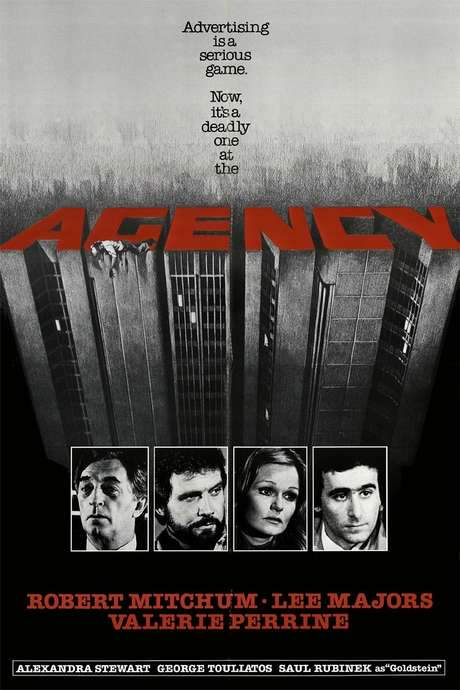Network 1976

This film offers a sharp critique of the television industry's relentless pursuit of higher ratings. Howard Beale, a news anchor facing disillusionment, publicly announces his intention to commit suicide on air. Instead of stopping him, the network decides to capitalize on the situation, recognizing the potential for increased viewership. Beale embraces the chaos, delivering increasingly outrageous and provocative broadcasts that resonate with a public feeling ignored and disenfranchised. His unconventional approach unexpectedly transforms him into an unlikely symbol of rebellion and a voice for the masses.
Does Network have end credit scenes?
No!
Network does not have end credit scenes. You can leave when the credits roll.
Meet the Full Cast and Actors of Network
Explore the complete cast of Network, including both lead and supporting actors. Learn who plays each character, discover their past roles and achievements, and find out what makes this ensemble cast stand out in the world of film and television.
External Links and Streaming Options
Discover where to watch Network online, including streaming platforms, rental options, and official sources. Compare reviews, ratings, and in-depth movie information across sites like IMDb, TMDb, Wikipedia or Rotten Tomatoes.
Ratings and Reviews for Network
See how Network is rated across major platforms like IMDb, Metacritic, and TMDb. Compare audience scores and critic reviews to understand where Network stands among top-rated movies in its genre.

83
Metascore
8.3
User Score


91%
TOMATOMETER

93%
User Score

8.1 /10
IMDb Rating

78
%
User Score
Take the Ultimate Network Movie Quiz
Challenge your knowledge of Network with this fun and interactive movie quiz. Test yourself on key plot points, iconic characters, hidden details, and memorable moments to see how well you really know the film.
Network (1976) Quiz: Test your knowledge of the gripping and satirical film 'Network' and its commentary on the media landscape of the 1970s.
Who plays the role of Howard Beale?
Peter Finch
William Holden
Robert Duvall
Wesley Addy
Show hint
Awards & Nominations for Network
Discover all the awards and nominations received by Network, from Oscars to film festival honors. Learn how Network and its cast and crew have been recognized by critics and the industry alike.
31st British Academy Film Awards 1978


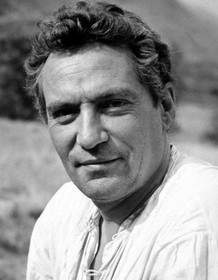

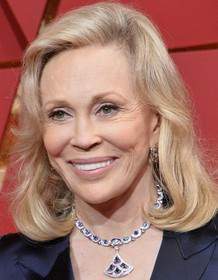
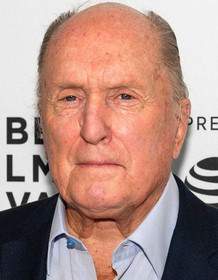
Best Screenplay
Best Editing
Best Sound
49th Academy Awards 1977


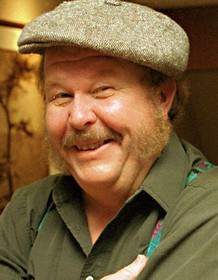

Cinematography

Film Editing
Best Picture
Writing (Screenplay Written Directly for the Screen—based on factual material or on story material not previously published or produced)
29th Directors Guild of America Awards 1977

34th Golden Globe Awards 1977
Best Motion Picture – Comedy or Musical



Best Screenplay
Full Plot Summary and Ending Explained for Network
Read the complete plot summary of Network, including all major events, twists, and the full ending explained in detail. Explore key characters, themes, hidden meanings, and everything you need to understand the story from beginning to end.
In September 1975, longtime anchor Howard Beale of the UBS Evening News receives the crushing news from his friend and news division president, Max Schumacher, that he has only two more weeks left on the air due to plunging ratings that have been in decline since 1969. His Home Use Television (HUT) ratings have dropped from 16 to 8, with his audience share plummeting from 28 to 12.
That very night, Beale creates a shocking announcement to his audience, declaring his intention to commit suicide during the next Tuesday’s newscast. Despite UBS’s desperate attempts to fire him immediately, Schumacher steps in to ensure Beale receives a dignified farewell, all while grappling with his own mounting pressures within a news division facing an annual deficit of $33 million.
At the annual stockholder’s meeting, CCA’s CEO, Frank Hackett, reveals a strategy to make the news division more accountable to the local network instead of its current independence. Schumacher, blindsided by the revelation, is infuriated as this severely curtails his influence. Meanwhile, Edward George Ruddy, the CEO of UBS and Schumacher’s boss, insists that changes are necessary.
Promising to apologize for his outburst, Beale instead goes on a passionate tirade about life being “bullshit.” Although the network wishes to cut him off the air, Schumacher sees an opportunity for himself too, allowing Beale to continue airing his raw thoughts. This resonates with viewers, causing ratings to surge, which intrigues the UBS executives, who decide to capitalize on Beale’s newfound popularity.
As events escalate, Programming Chief Diana Christensen persuades Hackett to take control of Beale’s show, asserting that it could financially save the network with ad spots potentially reaching $100,000 per minute. Despite Hackett’s reservations—especially after the disarray following Beale’s last public outburst—executives resign themselves to the decision, even at the risk of angering the formidable news division.
Amidst the chaos, Beale’s visceral expression ignites a nationwide movement as he famously declares, > “I’m as mad as hell, and I’m not going to take this anymore!” Soon, he reigns over a new program named The Howard Beale Show, captivating audiences and boosting his show to national prominence, reaching the remarkable rank of #4—which had only been achieved by a news program once before.
While Schumacher’s marriage to Louise begins to crumble amid the show’s soaring success and their personal relationship blooms, Christensen reaches out to Schumacher, promising to transform Beale’s image further. However, their collaboration grows tense when Schumacher seeks to shift away from Beale’s “angry man” format to prioritize Beale’s well-being, prompting Christensen to undermine his authority.
Eventually, the show takes a darker turn as ratings start to falter when Beale shifts his narrative towards the alarming realities of society, which audiences find overwhelming. With pressures mounting, Jensen warns Beale to forsake his critical message for a new “Evangel,” claiming business is power. Despite this pressure, when the situation gets dire, the UBS executives, believing they’ve become victims of Beale’s influence, plot to have him assassinated live on air.
The chilling climax culminates in Beale’s death, marking the end of The Howard Beale Show and giving rise to the new series The Mao Tse-Tung Hour. As the screen fades, a cold voice-over concludes, “This was the story of Howard Beale: the first known instance of a man who was killed because he had lousy ratings.”
Uncover the Details: Timeline, Characters, Themes, and Beyond!

Coming soon on iOS and Android
The Plot Explained Mobile App
From blockbusters to hidden gems — dive into movie stories anytime, anywhere. Save your favorites, discover plots faster, and never miss a twist again.
Sign up to be the first to know when we launch. Your email stays private — always.
Watch Trailers, Clips & Behind-the-Scenes for Network
Watch official trailers, exclusive clips, cast interviews, and behind-the-scenes footage from Network. Dive deeper into the making of the film, its standout moments, and key production insights.
Cars Featured in Network
Explore all cars featured in Network, including their makes, models, scenes they appear in, and their significance to the plot. A must-read for car enthusiasts and movie buffs alike.
Network Themes and Keywords
Discover the central themes, ideas, and keywords that define the movie’s story, tone, and message. Analyze the film’s deeper meanings, genre influences, and recurring concepts.
Network Other Names and Titles
Explore the various alternative titles, translations, and other names used for Network across different regions and languages. Understand how the film is marketed and recognized worldwide.
Articles, Reviews & Explainers About Network
Stay updated on Network with in-depth articles, critical reviews, and ending explainers. Explore hidden meanings, major themes, and expert insights into the film’s story and impact.
Similar Movies To Network You Should Know About
Browse a curated list of movies similar in genre, tone, characters, or story structure. Discover new titles like the one you're watching, perfect for fans of related plots, vibes, or cinematic styles.
Quick Links: Summary, Cast, Ratings, More

What's After the Movie?
Not sure whether to stay after the credits? Find out!
Explore Our Movie Platform
New Movie Releases (2026)
Famous Movie Actors
Top Film Production Studios
Movie Plot Summaries & Endings
Major Movie Awards & Winners
Best Concert Films & Music Documentaries
Movie Collections and Curated Lists
© 2026 What's After the Movie. All rights reserved.


